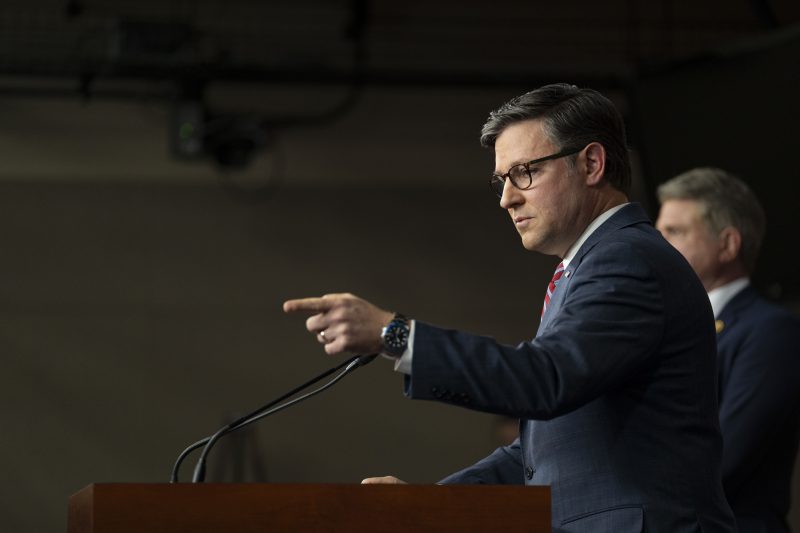House Republicans Still Struggling to Fund the Government
The ongoing struggle to fund the government has once again put House Republicans in a tough spot. While the issue of government funding is essential for the smooth operation of public services and programs, the inability of House Republicans to come to a consensus on funding bills has led to increased uncertainty and frustration among lawmakers and the public alike.
One of the main reasons behind the current impasse is the stark divide within the Republican party itself. With a mix of moderate and conservative members, finding common ground on key spending issues has proven to be a daunting task. The divide has widened further with the emergence of the Tea Party movement, whose members advocate for significant cuts in government spending and are often at odds with more mainstream Republicans.
The ideological differences within the Republican party are exacerbated by the partisan nature of politics in Washington. In a highly polarized environment, compromise and bipartisanship have become increasingly rare, making it even more challenging for House Republicans to reach a consensus on funding the government. The result is a series of short-term funding measures and continuing resolutions that merely kick the can down the road, without addressing the underlying issues.
Another factor contributing to the funding challenges faced by House Republicans is the pressure from interest groups and lobbyists. With various stakeholders pushing for funding of specific programs and projects, lawmakers often find themselves caught in a tug-of-war between competing interests. This not only complicates the budgeting process but also undermines transparency and accountability in how taxpayer dollars are allocated.
The ongoing struggle to fund the government has serious consequences for the economy and the functioning of essential services. Without a stable and predictable funding mechanism, government agencies are forced to operate under uncertainty, leading to inefficiencies and disruptions in services. Moreover, the inability to pass timely spending bills can harm the economy by creating uncertainty and affecting investor confidence.
In conclusion, the challenges faced by House Republicans in funding the government are a reflection of broader issues in American politics. The divide within the Republican party, the partisan environment in Washington, and the influence of interest groups all contribute to the current impasse. To overcome these challenges and ensure the smooth functioning of the government, lawmakers must prioritize collaboration, compromise, and fiscal responsibility in the budgeting process. Only by working together across party lines and putting the public interest above political considerations can House Republicans effectively manage to fund the government and address the pressing needs of the country.

